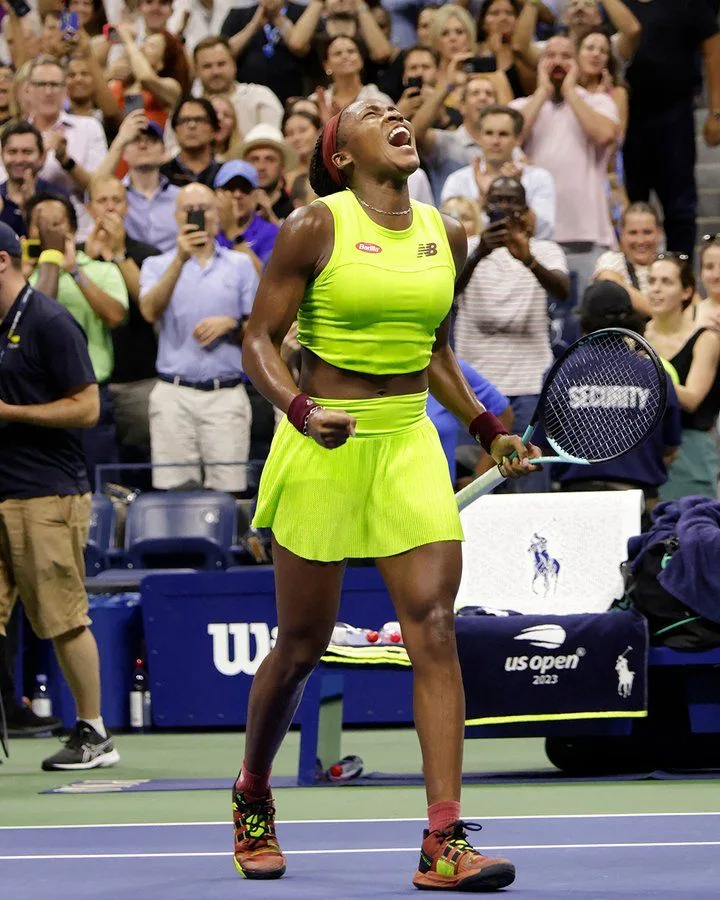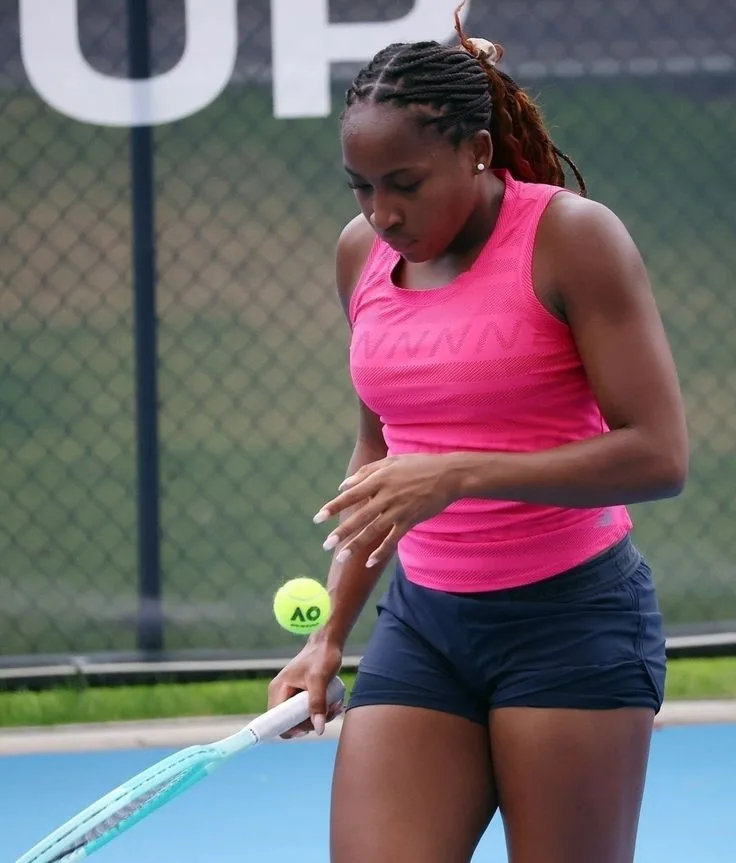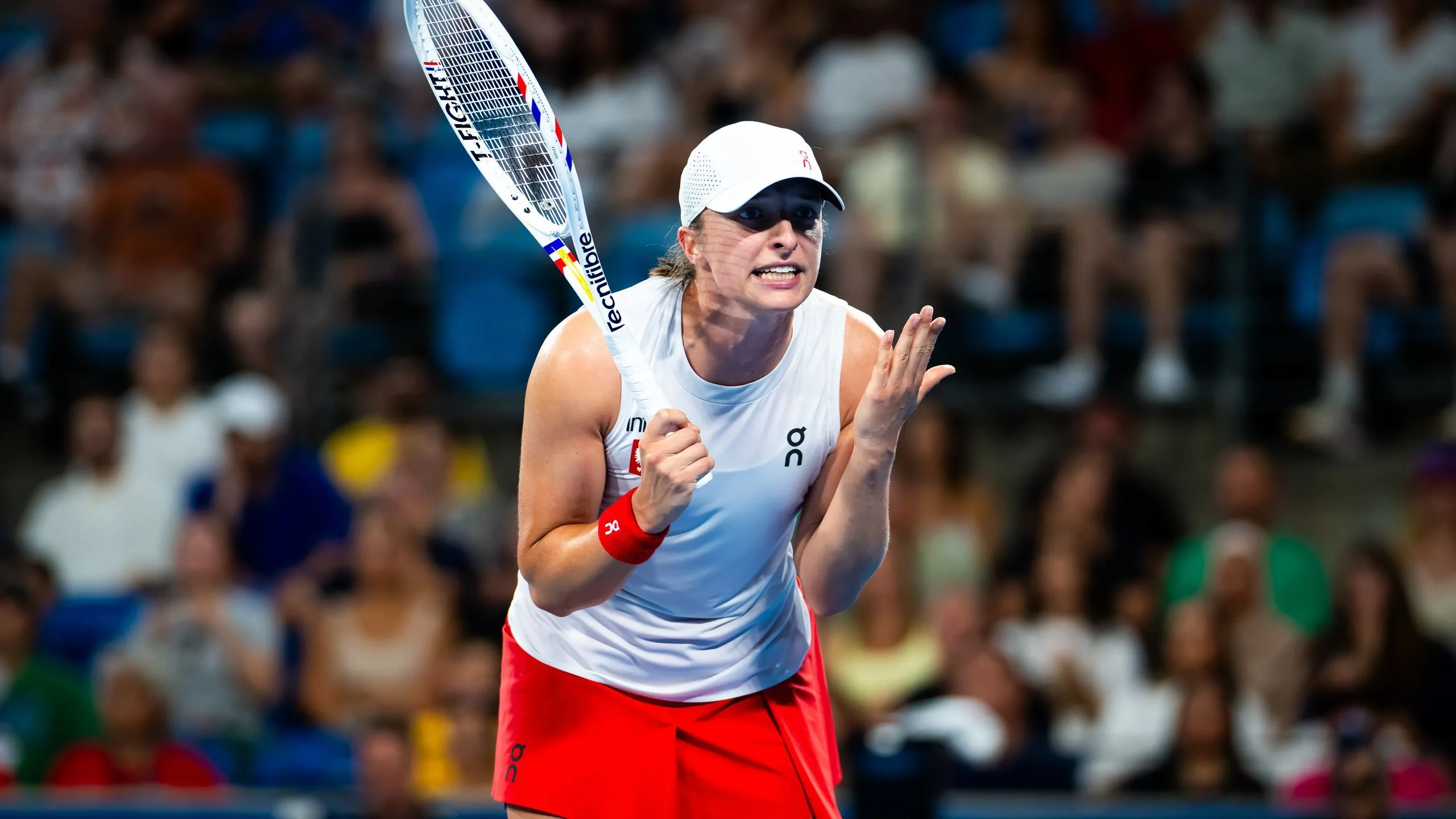Novak Djokovic, Coco Gauff, Top Tennis Stars Ask for More Prize Money at Grand Slams

Novak Djokovic, Coco Gauff, and Top Tennis Stars Demand Greater Grand Slam Payouts
In recent months, a simmering discussion within the world of professional tennis has reached a boiling point. Some of the sport’s biggest names—such as Novak Djokovic, Coco Gauff, and other elite players—have started openly calling for an increase in prize money at the sport’s four Grand Slam tournaments. This isn’t the first time tennis has faced a reckoning over money, but the momentum and the voices leading the charge this time feel different. The current wave is being driven by athletes at the top of their game, using their platforms to challenge what many consider an outdated and unequal system.
A Changing Climate in Tennis
Tennis has long been a sport divided by tradition and modernity. While many of its iconic tournaments—Wimbledon, the US Open, the Australian Open, and Roland Garros—cling to their century-old customs, the landscape around them is evolving rapidly. From the rise of social media and streaming platforms to growing global audiences, tennis is now a billion-dollar business.
And yet, much of that wealth remains concentrated in the hands of a few. Although Grand Slam winners do receive hefty paychecks, a closer look at the distribution of prize money and the financial structures of the tournaments reveals a system that many players argue does not reward them fairly.
At the heart of the current debate is the simple question: Are tennis players, especially those making it into the main draws of the Grand Slams, being compensated in proportion to the revenue they generate?
The Champions Lead the Way
It’s no small thing when Novak Djokovic, one of the most decorated players in the history of the sport, uses his voice to question the status quo. The Serbian star, who has won more Grand Slam titles than any man in history, has long been vocal about player rights and financial fairness. But this time, he’s not standing alone. American tennis phenom Coco Gauff, one of the sport’s brightest stars and a recent Grand Slam champion herself, has joined the conversation with striking clarity and resolve.
Gauff, who represents a new generation of tennis leadership, has spoken about the broader responsibilities of top players—not just to themselves, but to the tennis ecosystem as a whole. In her view, improving prize money is not only about earning what’s fair, but also about supporting lower-ranked players who struggle to make ends meet.
Djokovic, Gauff, and other top athletes are calling on the Grand Slams to recognize the role players play in creating the spectacle that drives millions of fans and billions in revenue. Their argument is simple: without the players, there is no product.
The Economics Behind the Ask
The Grand Slams are not just sporting events; they are massive entertainment productions with revenue streams from ticket sales, sponsorships, broadcast rights, merchandise, and hospitality. Each tournament generates hundreds of millions of dollars annually. But only a fraction of that revenue is paid out to the athletes.
Prize money has increased over the years, but critics argue it hasn’t kept pace with the sport’s overall financial growth. More importantly, the way that money is distributed heavily favors those who make it to the later rounds—while early exits and qualifiers often walk away with barely enough to cover travel, coaching, and living expenses.
For the top-tier players, pushing for more prize money isn’t just about bigger checks for champions. It’s about restructuring the system so that even first-round losers, qualifiers, and journeyman players can afford to compete without going into debt.
This is particularly important in tennis, where players are essentially independent contractors. Unlike team sports, tennis pros must pay their own travel, accommodation, coaching, and medical expenses. With no base salary or guaranteed income, the financial burden can be crushing—especially for players ranked outside the top 100.
A Broader Vision for Equity
What makes this movement different from previous calls for financial reform is its grounding in a broader vision of equity. Gauff and Djokovic are both known for thinking beyond their own careers. Gauff, in particular, has emphasized the need to make tennis more accessible and inclusive.
By advocating for fairer prize money, these players are also championing the health and future of the sport. A more equitable prize structure means more players from diverse backgrounds can pursue professional tennis without the fear of financial ruin. It means the tour can sustain talent not only from wealthy countries and families but from across the globe.
In essence, this isn’t just a push for more money—it’s a push for sustainability. Without it, tennis risks becoming a sport only the wealthy can afford to play professionally.
Historical Parallels and Resistance
This isn’t the first time players have demanded a larger share of the pie. In the 1970s, the men’s tour saw a player-led revolt that led to the creation of the ATP. Women, led by icons like Billie Jean King, formed the WTA in response to gender pay disparities. Those movements reshaped tennis, giving players a stronger collective voice.
Today’s demands are similar in spirit but reflect a new generation of athletes with different tools and platforms. Social media gives players the power to communicate directly with fans and shape public opinion in ways that were impossible decades ago.
Still, resistance from the powers that be remains strong. Tournament organizers often push back, citing their own financial obligations, investments in facilities, and charitable commitments. Some argue that increasing prize money across the board would threaten the financial viability of the events.
Yet, few deny that the Grand Slams are highly profitable ventures. What the players are asking for is transparency and a fairer split of the profits—not a redistribution that threatens the events, but one that recognizes and rewards the people who make them possible.
Unity Among the Ranks
One of the major hurdles to achieving reform in tennis has always been the fragmented nature of the sport. The four Grand Slams operate independently, each with its own leadership, sponsors, and traditions. There’s no centralized governance that can enforce changes across all tournaments.
But the current generation of players is trying something different. Led by Djokovic, the formation of the Professional Tennis Players Association (PTPA) aims to create a unified voice for players that operates independently of the ATP and WTA. Though the PTPA has faced criticism and skepticism, especially in its early days, it’s now gaining momentum and credibility.
Coco Gauff’s support of the movement adds even more legitimacy. Her involvement signals that this is not a gendered or generational issue—it’s a player issue. Men and women, veterans and newcomers, are increasingly finding common cause in demanding change.
The Road Ahead
Whether the Grand Slams respond remains to be seen. But one thing is clear: the players aren’t backing down. The days when top stars stayed quiet out of fear of rocking the boat may be over.
If the pressure continues to build, tournaments may be forced to reckon with the new reality. Fans are more informed and more engaged than ever. They care not just about who wins, but about how the game is run. Sponsors and broadcasters, too, are watching closely, knowing that their brands are tied to the values the sport promotes.
In the coming months, negotiations will likely intensify. The next logical step may be collective bargaining or some kind of formal dialogue between the PTPA and Grand Slam organizers. There is even talk of boycotts or player walkouts, though those measures remain extreme and controversial.
What’s certain is that the players have found their voice—and they are using it with precision and purpose.
What This Means for the Future of Tennis
At its core, this moment is about more than money. It’s about respect. Players like Djokovic and Gauff are asking the tennis establishment to recognize the true value of its talent, and to build a system that reflects modern realities.
If they succeed, it could mark the beginning of a new era in tennis—one where players have more power, where earnings are more evenly distributed, and where the sport becomes more accessible to all.
The conversation around prize money is a symptom of a larger shift. Today’s athletes are not just performers; they are advocates, businesspeople, and leaders. They understand their power, and they are ready to wield it—not only for their own benefit, but for the benefit of generations to come.
In the long run, that may be the greatest prize of all.




